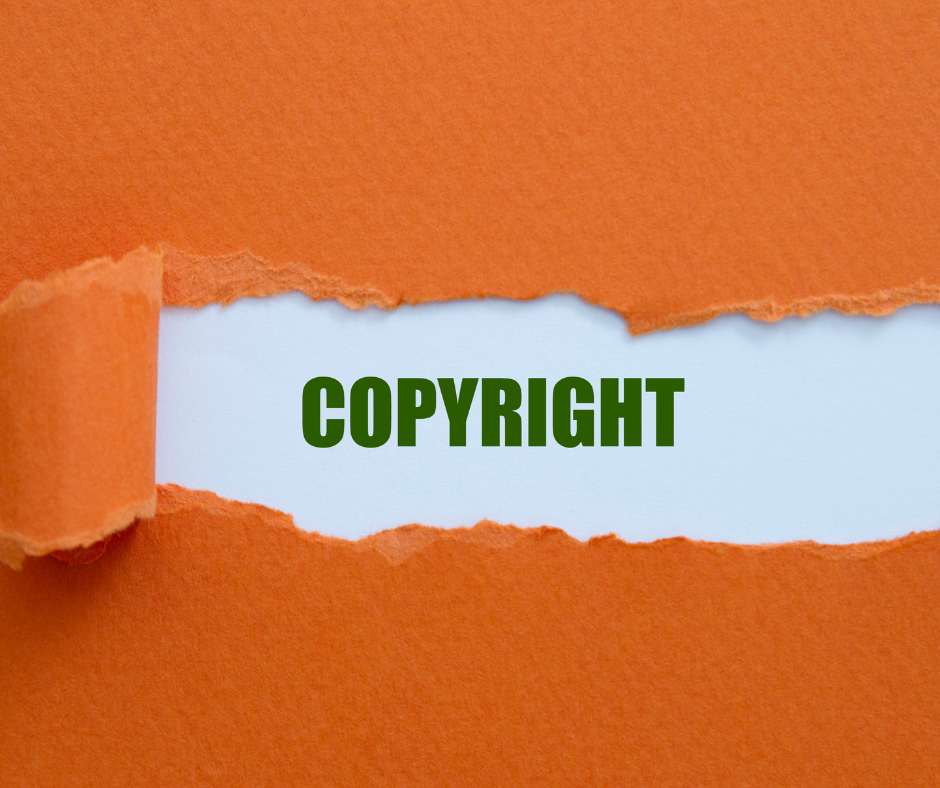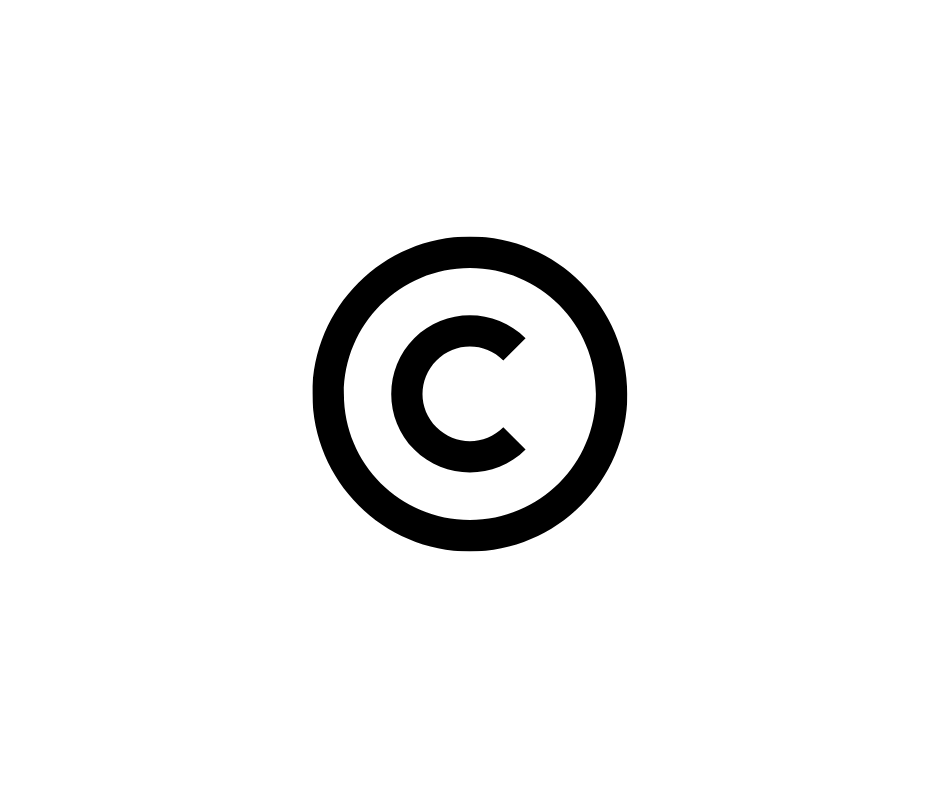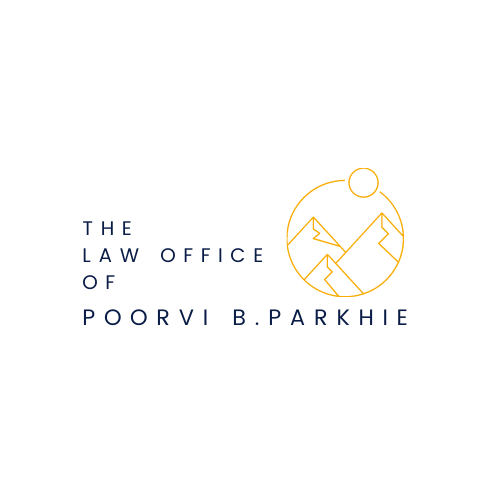In today’s digital age, small businesses are constantly creating and sharing content to attract customers and build their brand presence. However, amidst the flurry of content creation, it’s crucial for small business owners to understand the ins and outs of copyright law. Ignoring copyright regulations can lead to legal troubles and damage to your brand’s reputation. So what is copyright, why does it matter for small businesses and what are some practical tips to navigate copyright law effectively.

Why Copyright Matters for Small Businesses
Small businesses often rely heavily on content creation to market their products or services. Whether it’s writing blog posts, designing graphics for social media, or creating videos for advertising, businesses are constantly generating copyrighted material. Understanding copyright is essential to avoid infringing on others’ rights and protect your own creations.
Understanding Copyright
Copyright is a form of intellectual property law that grants creators exclusive rights to their original works. These works can include anything from written content, images, videos, music, software, and more. As soon as a work is created and fixed in a tangible form, such as written down or recorded, it is automatically protected by copyright law.
Copyright protection is granted automatically upon the creation of an original work fixed in a tangible form. In most countries, including the United States, registration is not required to secure copyright protection. However, there are steps you can take to strengthen your rights and facilitate enforcement:

Protect Your Work
- Create the Work: Copyright protection begins as soon as you create an original work in a tangible form. This could include writing a book, composing a piece of music, taking a photograph, or designing artwork.
- Use Copyright Notices: While not legally required, using a copyright notice can help inform others of your ownership of the work and deter potential infringers. A copyright notice typically consists of the copyright symbol (©), the year of first publication, and the name of the copyright owner.
- Keep Records: Maintain thorough records documenting the creation and ownership of your works. This could include drafts, sketches, correspondence, and any other evidence that establishes your claim to authorship.
- Consider Registration: Although copyright protection is automatic, registering your work with the copyright office provides several benefits. In the United States, for example, registration is necessary to file a lawsuit for copyright infringement. Additionally, registration creates a public record of your copyright claim, which can serve as evidence in legal proceedings and may entitle you to statutory damages and attorney’s fees in successful infringement cases.
- License Your Work: Consider licensing your copyrighted works to others under specific terms and conditions. Licensing agreements can outline how others may use your work, specify any fees or royalties, and include provisions for enforcement in case of infringement.
- Monitor and Enforce: Regularly monitor the use of your copyrighted works to ensure that others are not infringing on your rights. Utilize online tools and services to track unauthorized uses and take appropriate action, such as sending cease-and-desist letters or filing legal claims if necessary.
Navigating Copyright Challenges
- Know What You Can Use: Familiarize yourself with the concept of fair use. Fair use allows limited use of copyrighted material without permission for purposes such as commentary, criticism, news reporting, teaching, scholarship, or research. However, the boundaries of fair use can be murky, so it’s essential to understand the principles and consult legal advice if unsure.
- Obtain Proper Licenses: If you plan to use copyrighted material that doesn’t fall under fair use, obtain the necessary licenses or permissions. Many stock photo websites, for example, offer images under specific licenses for commercial use. Similarly, music platforms provide licenses for using songs in videos or advertisements.
- Create Original Content: The best way to avoid copyright issues altogether is to create original content. Invest time and resources in developing unique material that sets your brand apart from competitors. Not only does this protect you from legal troubles, but it also strengthens your brand identity.
- Monitor Your Content: Regularly monitor your online presence to ensure that others aren’t using your copyrighted material without permission. Utilize tools like Google Alerts or specialized copyright monitoring services to track instances of unauthorized use and take appropriate action if necessary.
- Educate Your Team: Make sure all employees are aware of copyright laws and the importance of compliance. Provide training or resources to help them understand how to properly use and attribute copyrighted material in their work.
The Risks of Copyright Infringement
Failing to respect copyright law can have serious consequences for small businesses, including:
- Legal Action: Copyright holders have the right to pursue legal action against individuals or businesses that infringe on their rights. This can result in costly lawsuits, fines, and damages.
- Reputational Damage: Being accused of copyright infringement can tarnish your brand’s reputation and erode customer trust. Consumers are increasingly conscious of ethical business practices, and being perceived as unethical can drive them away.
- Loss of Assets: If found guilty of copyright infringement, you may be required to cease using the infringing material and remove it from circulation. This can result in the loss of valuable marketing assets and disrupt your business operations.
Navigating copyright law is essential for small businesses operating in today’s digital landscape. By understanding the principles of copyright, obtaining proper licenses, creating original content, monitoring your online presence, and educating your team, you can mitigate the risks of copyright infringement and protect your brand’s integrity. If you encounter complex copyright issues or believe your rights have been violated, consider seeking legal advice from an attorney specializing in intellectual property law. They can provide guidance on protecting your rights, enforcing your copyrights, and resolving disputes.
